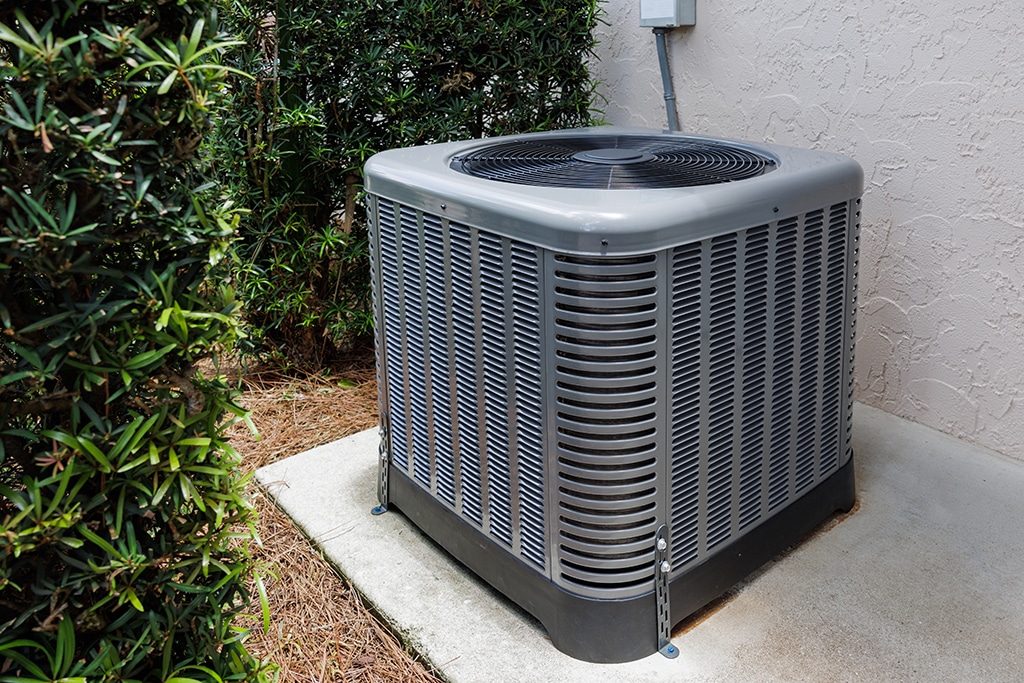As we move further into the twenty-first century, the value of efficient heating, airflow, and cooling systems, or heating, ventilation, and air conditioning, cannot be ignored. These systems play a crucial role in providing pleasant indoor environments in both domestic and commercial settings. But with advancements in technology, the HVAC arena is evolving rapidly, paving the way for more advanced, high-efficiency solutions. Understanding what HVAC is and how it works is crucial for property owners and businesses alike, especially as the integration of intelligent technology begins to revolutionize our views of these systems.
This article will explore the future HVAC technology, focusing on the developments that are transforming how we warm and chill our spaces. From adaptive thermostats that understand your behaviors to eco-friendly systems designed to reduce your monthly bills, the future of HVAC is not just about ease; it’s about establishing a sustainable lifestyle. We will also tackle common HVAC problems, maintenance tips, and seasonal considerations to help you make wise decisions for your home or office. Join us as we delve into the realm of HVAC and discover how adopting smart technology can lead to a better and pleasant future.

Grasping HVAC Fundamentals
HVAC stands for warmth, airflow, and climate control. These systems are vital for preserving pleasant indoor climates in both residential and business buildings. HVAC units not only regulate temperature but also manage air quality, guaranteeing spaces are livable and suitable for occupants. Understanding the fundamental components of HVAC systems helps property owners and building managers make wise decisions about installations, maintenance, and upgrades.
At its heart, an HVAC system consists of three main functions: heating, chilling, and ventilation. Heating is typically achieved through furnaces or heat exchangers that heat the air during chilly months. Chilling is primarily provided by air conditioning units that decrease indoor temperatures in response to rising heat. Ventilation plays a vital role by allowing fresh air to circulate while expelling stale air, which is crucial for maintaining a safe living environment.
A well-designed HVAC system should function efficiently and silently, providing reliable comfort throughout a building. Common types of systems include main air conditioning, ductless mini-splits, and earth-sourced systems, each with its pros and applications. Understanding these fundamentals sets the basis for addressing more intricate topics, such as troubleshooting common problems and exploring innovative tech advancements in HVAC.
Intelligent Heating, Ventilation, and Air Conditioning Advancements
The rise of advanced technology has revolutionized the HVAC sector, making heating systems increasingly efficient and easy to use. Cutting-edge features such as Wi-Fi connectivity allow homeowners to manage their HVAC systems remotely through mobile apps, enabling immediate changes based on their preferences and schedules. This connectivity not only improves convenience but also promotes power efficiency by optimizing system operations according to who is present trends.
Furthermore, smart HVAC systems typically include learning algorithms that monitor user behavior over time. https://www.abacusplumbing.net/air-conditioning/ can instantly adjust temperatures based on when the house is in use or unoccupied, greatly reducing energy consumption during inactive times. Additionally, connections with smart home devices, such as speech assistants, allows smooth management, allowing users to change their climate settings with easy voice commands, enhancing the overall comfort of the living space.
A further significant development is the application of advanced sensors that track indoor air quality and humidity levels. These sensors can interact with the HVAC system to make immediate modifications, ensuring ideal ventilation and air quality. By assessing contaminants, allergens, and humidity, these smart systems not only provide a pleasant environment but also add to better health and wellbeing for the occupants, showcasing the varied benefits of embracing smart HVAC technologies.
Ensuring Efficiency & Comfort
In order to guarantee your HVAC system operates at peak performance, regular maintenance is essential. This includes replacing air filters, inspecting ductwork, and scheduling professional tune-ups. Changing filters monthly or every few months can significantly improve air quality and system efficiency. Ignoring filters leads to clogged systems, driving up energy consumption while compromising comfort levels in your home. Professionals can detect potential issues before they escalate, ensuring the system runs smoothly throughout the year.
Alongside regular maintenance, smart technology integration can boost both efficiency and comfort. Smart thermostats, for instance, can adapt to your schedule, enabling you to set temperatures based on your daily routines. By utilizing these devices, you can prevent unnecessary heating or cooling when the house is empty, leading to substantial energy savings. Furthermore, smart sensors can recognize when windows are open and adjust HVAC settings to match, which helps maintain an ideal indoor environment.
Finally, ensuring proper insulation and ventilation is crucial in maximizing HVAC efficiency. Well-insulated homes retain temperature better, reducing the workload on your system. In addition, good ventilation is essential for sustaining indoor air quality, which is vital for comfort and health. By addressing these additional factors, homeowners can create a harmonious balance between energy efficiency and comfort, resulting in a more enjoyable living environment.
